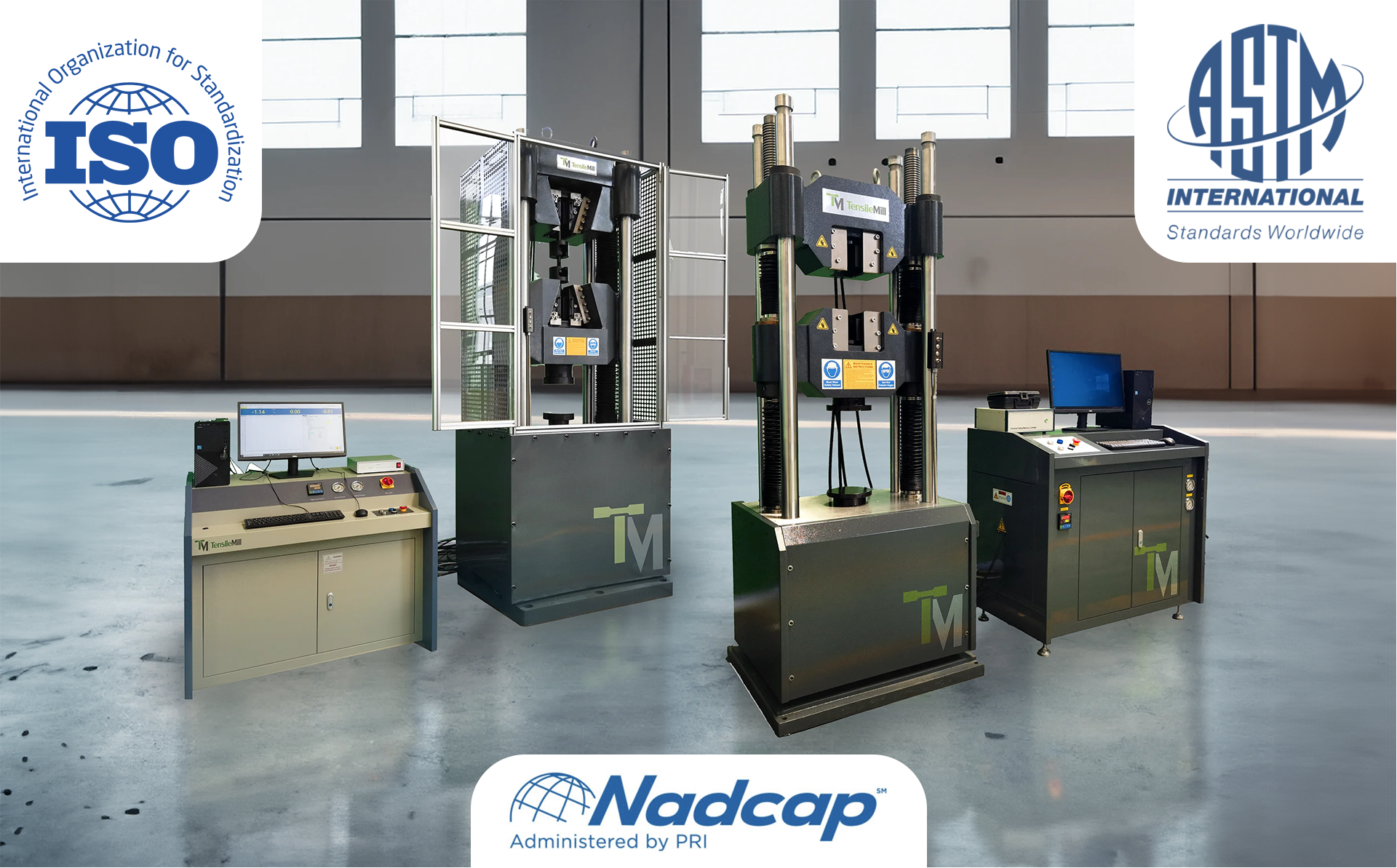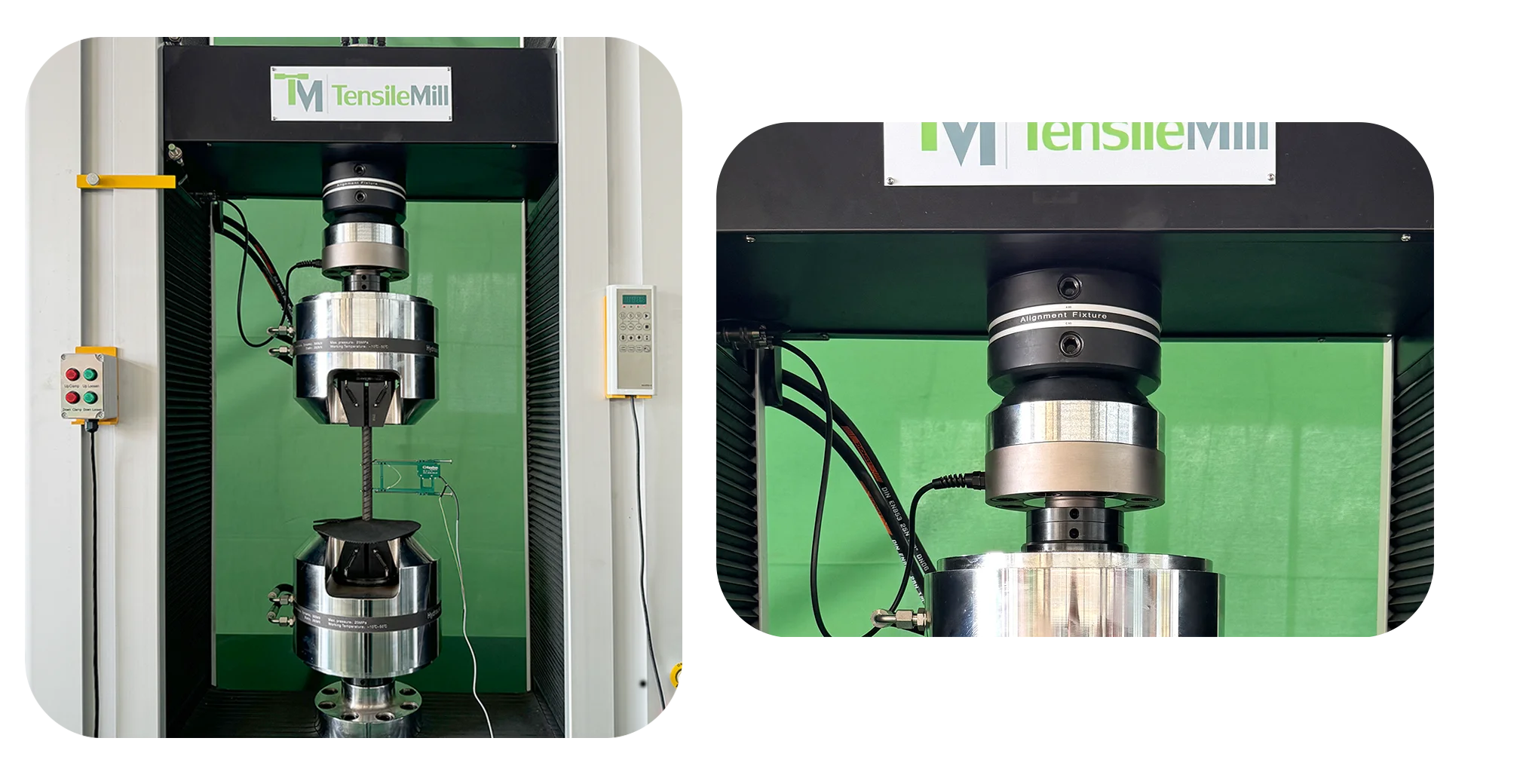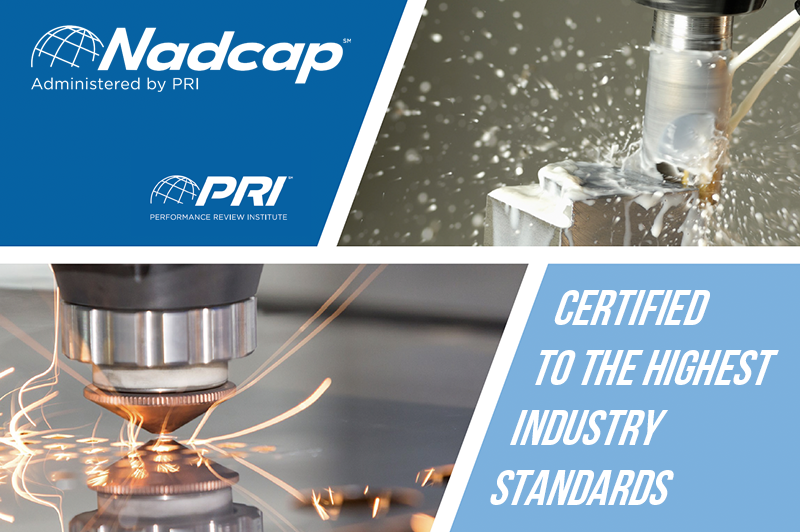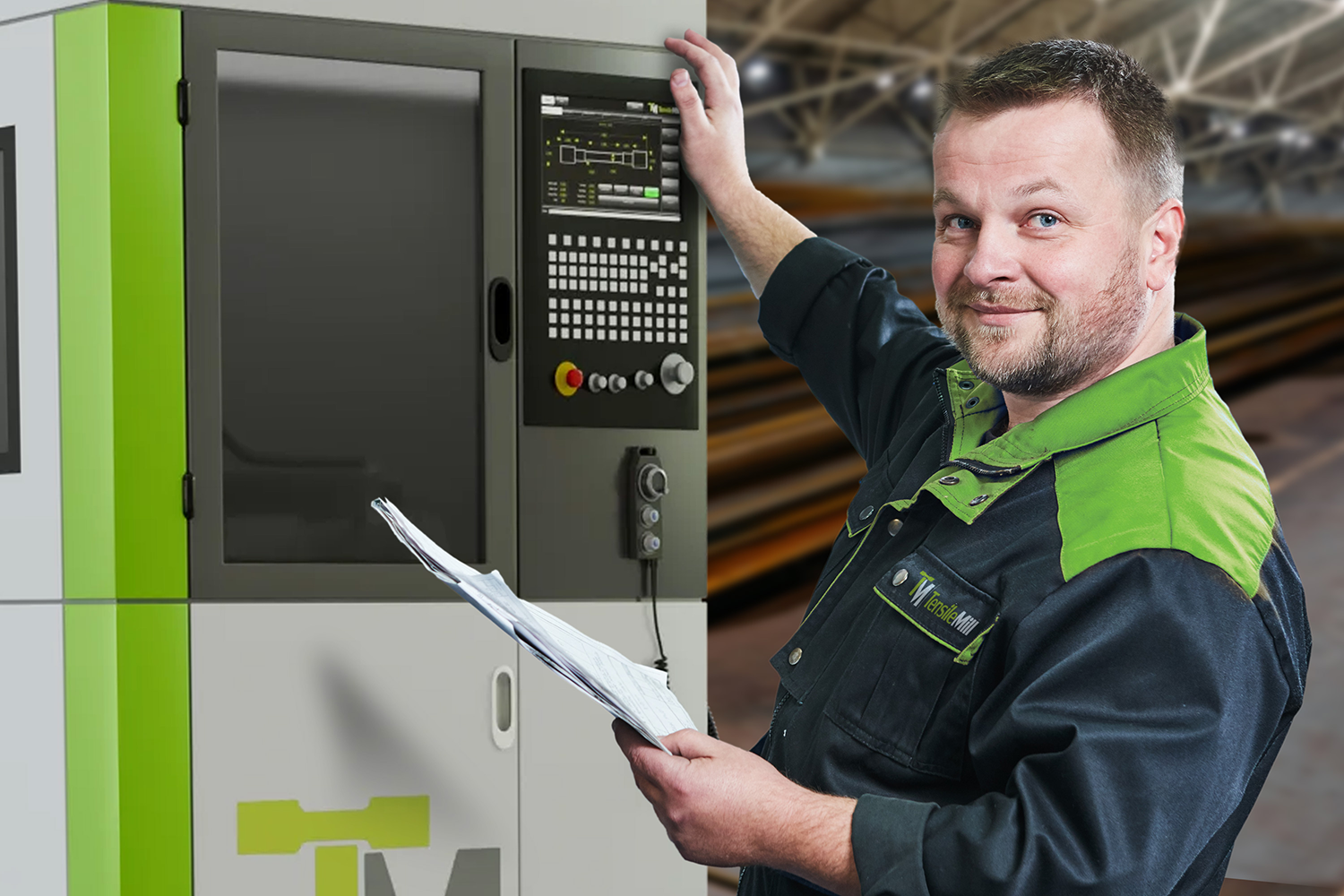
Are you looking for calibration and certification services for your tensile testing equipment? Many labs and manufacturers face the same challenge. Without proper calibration, test results lose accuracy and may not pass industry audits. This creates risk, wasted time, and added costs.
Calibration is more than a technical requirement. It is the foundation of trustworthy results and international recognition. When your equipment is calibrated and certified, you can rely on every data point. You can also prove compliance when customers, auditors, or regulators review your processes.
At TensileMill CNC, we understand these needs. That is why we provide a complete service package that goes beyond basic calibration. With our ISO 17025-accredited partners, you receive certified documentation, ongoing support, and confidence that your testing systems meet ASTM, ISO, and NADCAP standards.
Our Calibration and Certification Services
We offer calibration and certification for both our own machines and third-party equipment, including brands like Instron and Tinius Olsen. No matter where your system comes from, we help you bring it to recognized international standards.
Every service is carried out through ISO 17025-accredited partners. This means you receive documentation that auditors and industry regulators accept without question. Your lab gains not just accurate results but also internationally trusted certification.
Our support goes further than calibration alone. We include preventative maintenance to keep your equipment performing at its best. We also provide operator training, giving your team the knowledge to run tests correctly and confidently.

Equipment We Calibrate
Our calibration and certification services include a wide selection of material testing equipment. You can review the main categories we handle in the list below:
- Universal Testing Machines (UTMs) – calibration for tensile and compression systems to meet ASTM and ISO standards.
- Load Cells and Force Measurement Systems – verification of accuracy under ASTM E4 and ISO 7500-1.
- Extensometers – calibration according to ASTM E83 and ISO 9513 for precise strain measurements.
- Frame Alignment and Displacement Systems – alignment verification and displacement checks under ASTM E1012, ASTM E2309, and ASTM E2658.
- Specimen Preparation Tools – calibration and certification for specialized equipment to support compliant testing procedures.
Standards and Regulatory Requirements We Follow
.webp)
Calibration and certification are meaningful only when they comply with recognized international standards. We work with the following, making sure each piece of equipment is verified against the rules that matter most for testing accuracy and audit acceptance:
- ASTM E4 – defines how to verify force-measuring systems in testing machines. It sets performance classes, such as Class A, which confirm that load readings are accurate within strict limits.
- ISO 7500-1 – similar in scope to ASTM E4 but applied globally. It specifies classes 0.5 and 1 for force verification.
- ASTM E83 – describes the calibration of extensometers. It defines classification levels, such as Class B1, which indicate the allowable error range for strain measurements
- ISO 9513 – the international counterpart to ASTM E83. It establishes accuracy requirements for extensometers used in tension and compression testing.
- ASTM E1012 – focuses on alignment verification of test frames. Misalignment can distort results, and this standard provides methods to measure and control frame coaxiality.
- ASTM E2309 – sets procedures for calibrating digital indicators and displacement transducers. It ensures devices used to measure travel or movement in a test frame remain within required tolerances.
- ASTM E2658 – provides verification methods for cable extension transducers using stopwatch-based timing. It links displacement measurements directly to traceable timing instruments.
- ISO/IEC 17025:2017 – governs accreditation of calibration laboratories. A lab accredited under this standard demonstrates technical competence, validated methods, and reliable measurement uncertainty reporting.
- ANSI/NCSL Z540-1-1994 – an American standard supporting traceability of measurements to national or international references. It confirms calibration records meet U.S. compliance expectations.
- NADCAP – the aerospace and defense accreditation program. It replaces multiple customer audits with one standardized process and confirms that suppliers meet the highest levels of precision and reliability.

How Our Calibration Process Works
Calibration is only valuable when it is done in the right order. That is why we follow a simple step-by-step process. Each stage builds on the previous one, so your equipment leaves the calibration fully accurate, consistent, and ready for any audit.
Step 1. Equipment Preparation and Initial Check
We begin with a basic inspection of the machine. This confirms that all components are in proper condition for calibration.
Step 2. Calibration Across Load Points
The system is tested at multiple points in its operating range, typically from 20% to 100% of capacity. This verifies performance under real testing conditions.
Step 3. Verification of Linearity, Repeatability, and Accuracy
We confirm that results remain consistent, scale correctly across the range, and meet ASTM and ISO tolerance limits.
Step 4. Documentation and Certification
You receive an official certificate from an ISO 17025-accredited partner. The documentation is traceable and accepted in audits worldwide.
Step 5. Preventive Maintenance and Operator Training
We complete the service with maintenance checks and operator training. This helps extend equipment life and keeps results dependable between calibrations.

Why Clients Choose TensileMill CNC
When companies look for calibration services, they want more than a simple checkmark on a certificate. They need a partner who understands the testing process, delivers accurate results, and makes compliance easier. That is where TensileMill CNC stands out.
We combine clear communication with hands-on technical expertise. From the first conversation, you know what will be done, why it matters, and how it supports your testing program. Our team works only with ISO 17025-accredited partners, so every certificate you receive carries international recognition and acceptance.
Unlike providers that handle only their own machines, we calibrate both TensileMill CNC systems and third-party equipment, including leading brands like Instron and Tinius Olsen. This flexibility allows laboratories to centralize all their calibration needs with one trusted source.
Our service also goes beyond calibration itself. We integrate preventive maintenance and operator training into the process, helping your equipment run longer and your staff work with confidence. This saves time, reduces downtime, and keeps your lab audit-ready throughout the year.
Certification That Speaks the Language of Auditors
Calibration gives meaning to your testing results. Without it, even advanced equipment produces numbers that cannot be trusted, and audits quickly expose the gaps. With proper calibration in place, every measurement holds its value, and your lab can move forward with confidence.
At TensileMill CNC, we provide a complete service designed for both in-house and third-party equipment. Our process includes a detailed inspection of your machines, calibration performed under ASTM and ISO standards, and certified documentation issued through ISO 17025 accredited partners. The certificates you receive are traceable and accepted in audits across industries worldwide.
We also extend support beyond calibration itself. Preventive maintenance keeps systems stable between services, and operator training helps your team maintain consistency in daily work. Together, these steps give you more than a one-time certificate. They create ongoing reliability for your lab.
If your facility is ready to schedule calibration or request certification, you can get a quote online, and our team will be available to support you. TensileMill CNC is here to keep your equipment accurate, compliant, and ready for every test.
